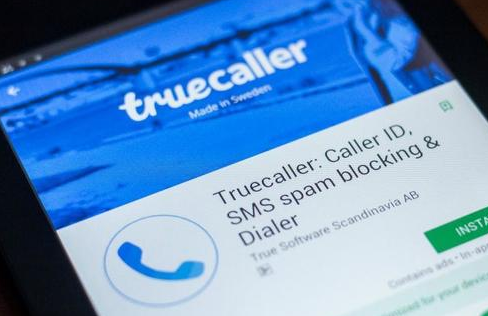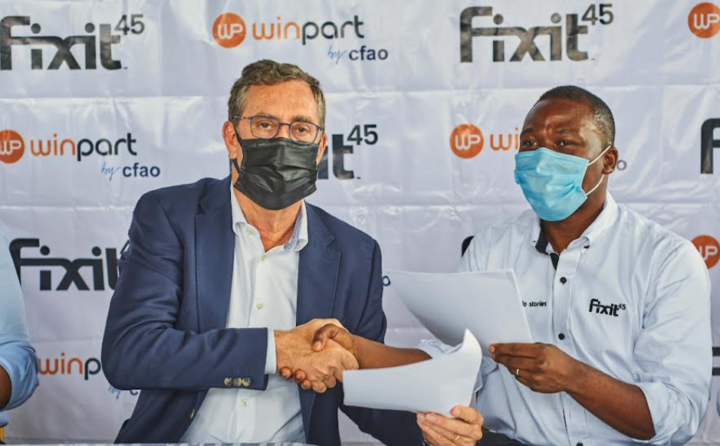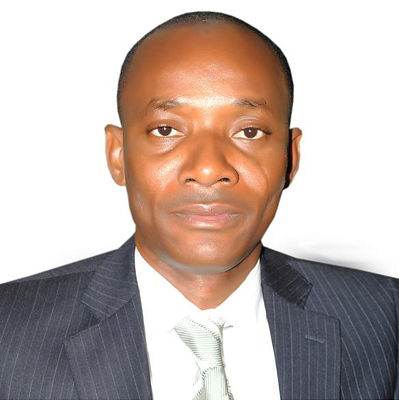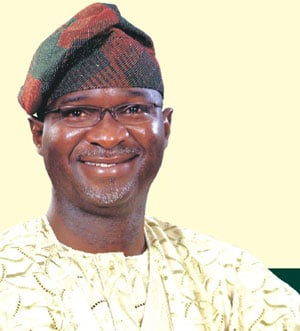Aminu Maida, the executive vice-president (EVC) of the Nigerian Communications Commission (NCC), says Truecaller is not linked to the country’s subscriber identity module (SIM) registration database, cautioning that the platform’s results are not always accurate.
During a press briefing on Monday, Maida said Truecaller is not a formal platform for verifying identities.
“Every time you install Truecaller, what happens is that they upload your entire address book,” he said.
“So if you have put a number there and you have used a derogatory language, for example, if somebody uses a derogatory language, Truecaller will actually record whatever you have put against that name.
Advertisement
“Of course, it will also compare it against if it has seen that number from the upload of other users. So whatever we see in Truecaller is not necessarily a reflection of the truth. In most cases, it is, but it is not an authority on record.”
Maida explained that telephone numbers are a limited national resource assigned by the International Telecoms Union (ITU), a United Nations (UN) body responsible for telecoms regulation and standardisation.
He said the phone numbers are recycled due to limited availability, with inactive lines becoming candidates for reassignment after a year.
Advertisement
However, the EVC noted that certain numbers are considered premium and sought after, particularly those with desirable sequences or original allocations.
“If they’re not being used, they are recycled. If Truecaller has linked it to somebody’s name, the link could still be there, but it has been assigned to somebody else,” he said.
Maida said the NCC is working on a platform in collaboration with other sector regulators, whereby whenever the numbers are recycled, the information is made available to other sector regulators.
NCC WORKING WITH REGULATORS TO FLAG RECYCLED NUMBERS
The EVC said that although unregistered SIM cards are not in operation, registered SIMs may be used by individuals other than the registrants.
Advertisement
“I can authoritatively say that there’s no unregistered SIM operating in the network. Now, there might be issues whereby a registered SIM is being used by somebody who is not the person that registered the SIM,” Maida said.
“I think this is where all of us are guilty, because I recall when we had a session at the National Assembly and we were explaining some of these things to them.
“We told them that with the way things are working now, if you send your driver or your house help to go and register a SIM simply because you don’t want your identity to be known, you are actually committing a crime.
“So are all SIMs registered? Yes. Are all SIMs being used by the person who registered them? That I cannot say 100 percent yes, and that is not something that the NCC can control. I pray that it’s not after in fact when we have an incident and people are embarrassed that we’ll correct that behaviour.
Advertisement
“I guess on that part we’ll try and do more enlightenment to educate people on the consequences. Because right now, if anything happens, I can give a name to say this is the person who registered that SIM. And of course, when they hold you, you can now start explaining what you know.”
Maida added that someone claiming to have registered a SIM card on another person’s behalf for a sum is unacceptable.
Advertisement






